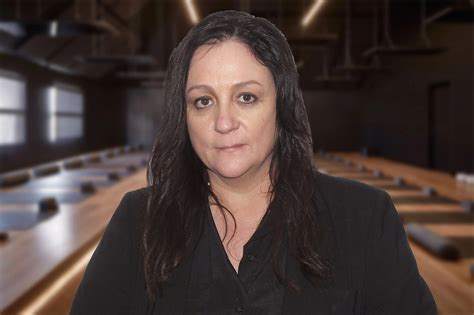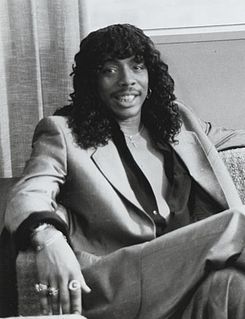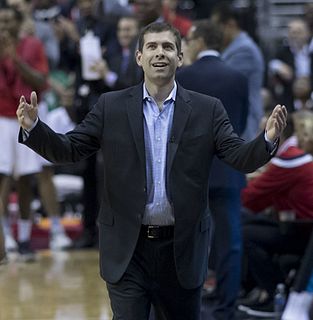A Quote by Robin Lopez
When you are getting drafted you have an idealized situation, but you really don't know how things are going to go down.
Related Quotes
When we go on about the big things, the political situation, global warming, world poverty, it all looks really terrible, with nothing getting better, nothing to look forward to. But when I think small, closer in - you know, a girl I've just met, or this song we're going to do with Chas, or snowboarding next month, then it looks great. So this is going to be my motto - think small.
If they don't board and live by themselves, even in their second year they've got no lounge or kitchen table and it's a pretty lonely existence when you get home to an empty house. Homesickness is a key issue for kids who are drafted interstate, whether they are going to Melbourne or coming to Perth or going to Brisbane. All the kids we've drafted this year will all go through periods of homesickness, which can lead to worse things.
Sometimes it's easier to make decisions when you know that you've tried things that are so wrong, you know, "OK, I don't go that way with it. I don't go this way with it." The way I work, I kind of have to go down all those wrong paths to know that the one I'm doing really is the one that is going to work.
I love getting baths and going to the Korean spas and getting pummeled and scrubbed, and its so hot in the sauna you can't even stand it. I have to do things in a pretty extreme way to calm down. So a Swedish massage is not going to do it! I need to know that they're in there with their thumbs and moving stuff around.
I know it's odd. But when I was getting scuba certified, it was explained very early on that you never get to just strap on a tank and jump into the ocean. You have to know how deep you're going, and the deeper you go, the less amount of time you stay down there - and it takes longer to get to the surface.
My mother was always expanding my art skills and getting me to paint different things. You always got to push some. And, I mean, I learned basic things like getting up on time, how to shop - you know, you don't touch things in a store you're not going to buy. These things were taught very young. I don't see today enough of this basic, you know, basic skill teaching.
We know that if you have $20 million, it's better to buy a van Gough print than it is buy an executive jet, from the point of view of the environment. But when you start getting down, it's like the recycling question: What are things we can really afford to do, and how much pleasure do we get out of them? We haven't even started to have that discussion, and it's getting awfully late.

































